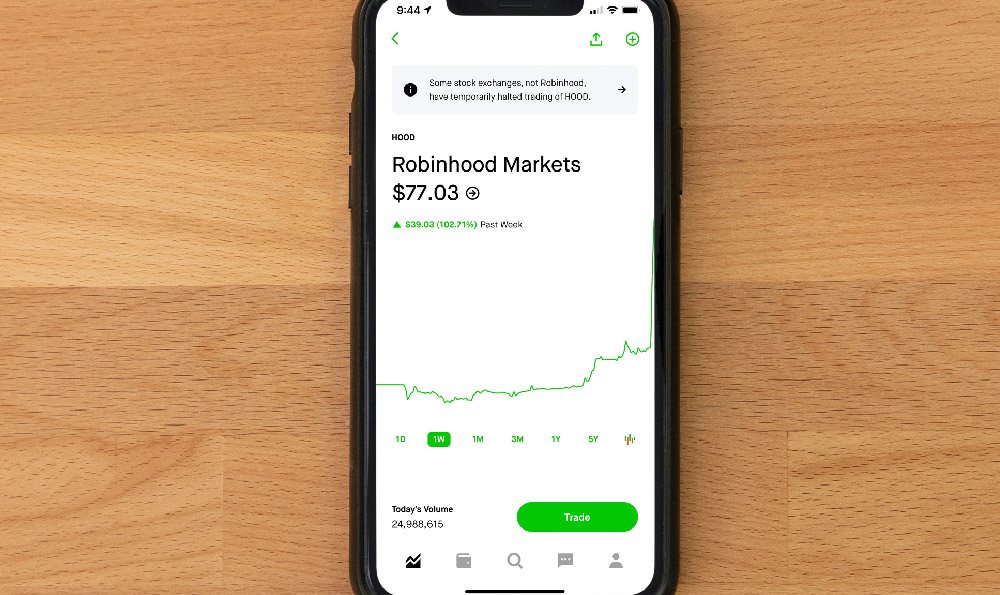how to get rich fast with felix dennises wealth building tips
Unlocking the Path to Wealth: Strategic Approaches for Rapid Financial Growth
When it comes to building wealth swiftly, the key lies in a combination of informed decision-making, calculated risks, and strategic diversification. Felix Dennis, a renowned figure in the world of finance and personal development, emphasizes that wealth accumulation is not a stroke of luck but a deliberate process rooted in understanding market dynamics, leveraging resources effectively, and cultivating a mindset that prioritizes long-term value over short-term gains. His insights offer a roadmap for individuals seeking to accelerate their financial progress, blending practical advice with timeless principles that can be applied across various investment avenues.
Capitalizing on High-Yield Investment Opportunities


One of the most effective ways to grow wealth quickly is by identifying and investing in high-yield opportunities. Dennis highlights that these opportunities often exist in niche markets or sectors with undervalued potential. For instance, real estate crowdfunding platforms allow individuals to invest small amounts in high-growth properties, benefiting from property appreciation and rental income without the need for direct property ownership. Similarly, venture capital investments in early-stage startups can yield substantial returns, though they require careful due diligence and a well-defined risk tolerance. The crux of Dennis's approach is to seek out assets that generate passive income or appreciate rapidly, while maintaining a diversified portfolio to mitigate risk. This requires not only financial acumen but also the ability to spot emerging trends and innovations before they become mainstream.
Reinvesting Profits for Exponential Growth
Dennis advocates for a compounding strategy, where profits are reinvested to maximize growth over time. This principle, often referred to as "earning money on money," underscores the importance of reinvestment in wealth building. For example, an investor who consistently contributes to a high-performing stock portfolio and reinvests dividends can watch their capital grow exponentially. The same logic applies to dividend-paying stocks, high-yield savings accounts, or even peer-to-peer lending platforms, where reinvestment amplifies returns. Dennis reminds readers that time is a critical factor in compounding; the earlier one starts, the more significant the long-term impact can be. However, he also stresses that patience and discipline are necessary, as aggressive reinvestment without a clear plan can lead to overexposure in volatile markets.
Leveraging Leverage Strategically
Dennis acknowledges that leverage can be a powerful tool for accelerating wealth, but it must be used with caution. Unlike traditional investing strategies that rely solely on capital, leveraging involves borrowing funds to increase potential returns. This can be applied in real estate through mortgages or in the stock market via margin accounts. However, Dennis warns against over-leveraging, as it can amplify losses as well. He suggests using leverage in conjunction with a strong financial foundation, ensuring that borrowed capital is used to purchase assets with inherent value and growth potential. The balance between risk and reward is crucial, and Dennis emphasizes that successful leverage requires a deep understanding of market conditions and a well-defined exit strategy.
Timing the Market: When to Buy and Sell
Timing plays a pivotal role in wealth building, and Dennis underscores the importance of identifying optimal entry and exit points. While it is impossible to predict market fluctuations with certainty, Dennis outlines several techniques to refine timing. These include analyzing historical trends, monitoring economic indicators, and leveraging professional insights from financial analysts or advisors. For example, purchasing undervalued assets during market downturns can position investors for significant growth when the market rebounds. Similarly, selling assets at the peak of their performance, often when market conditions are favorable, can lock in profits. Dennis also highlights the value of "buying low and selling high" as a fundamental principle, though he cautions that this requires patience, as the best opportunities may not materialize immediately.
Building a Passive Income Stream for Long-Term Stability
Dennis's wealth-building framework emphasizes the importance of creating passive income streams that provide steady returns without requiring continuous active management. These streams can include rental properties, dividend-paying stocks, or creating digital products that generate recurring revenue. The concept of passive income is rooted in the idea that wealth should be earned and maintained without constant involvement. Dennis also discusses the role of automation in financial management, such as using robo-advisors or investment apps that handle portfolio optimization and rebalancing on an individual's behalf. This allows investors to focus on other areas of life while their wealth continues to grow steadily.
The Power of Network and Mentorship
Dennis believes that building a strong network is essential for rapid wealth growth. He suggests that successful investors often surround themselves with mentors, peers, and experts who can provide guidance and insights. Whether it's through business networking events, online communities, or professional affiliations, Dennis emphasizes that knowledge is power and that learning from others can help avoid costly mistakes. This includes understanding the psychological aspects of investing, such as controlling emotions and maintaining discipline in the face of market volatility. Dennis also highlights the importance of mentorship, as seasoned investors can offer valuable counsel that accelerates the learning curve.
Assessing Risk and Reward: A Data-Driven Approach
Dennis's wealth-building strategy is grounded in data analysis and risk assessment. He advises investors to adopt a systematic approach, using analytics tools to monitor performance metrics and evaluate market trends. This includes analyzing historical data to identify patterns, forecasting future market behavior, and adjusting strategies accordingly. Dennis also emphasizes the importance of risk management, suggesting that successful investors do not chase high-risk opportunities without a clear understanding of potential downsides. By maintaining a balance between risk and reward, investors can build wealth more effectively while protecting their capital.
Creating a Sustainable Wealth Building Plan
Ultimately, Dennis's approach to wealth building is about sustainability. He warns against quick fixes or get-rich-quick schemes that offer minimal long-term value. Instead, he recommends developing a comprehensive financial plan that aligns with personal goals, risk tolerance, and income potential. This requires not only strategic investing but also setting financial objectives, tracking progress, and adjusting the plan as needed. Dennis also highlights the importance of education, suggesting that continuous learning is crucial for maintaining a competitive edge in the ever-evolving financial landscape. By combining these elements, individuals can build wealth effectively and maintain financial stability over the long term.
In conclusion, Felix Dennis's wealth-building tips offer a holistic approach to rapid financial growth. By focusing on high-yield opportunities, strategic reinvestment, leveraging techniques, market timing, passive income streams, network development, and data-driven decision-making, individuals can accelerate their wealth-building journey. Dennis's insights are a testament to the idea that wealth is built through disciplined execution, consistent learning, and a long-term perspective. Whether one is interested in traditional or alternative investment strategies, the key lies in applying these principles with patience and persistence. Through thoughtful planning and execution, the path to wealth can be both swift and sustainable.















